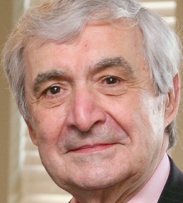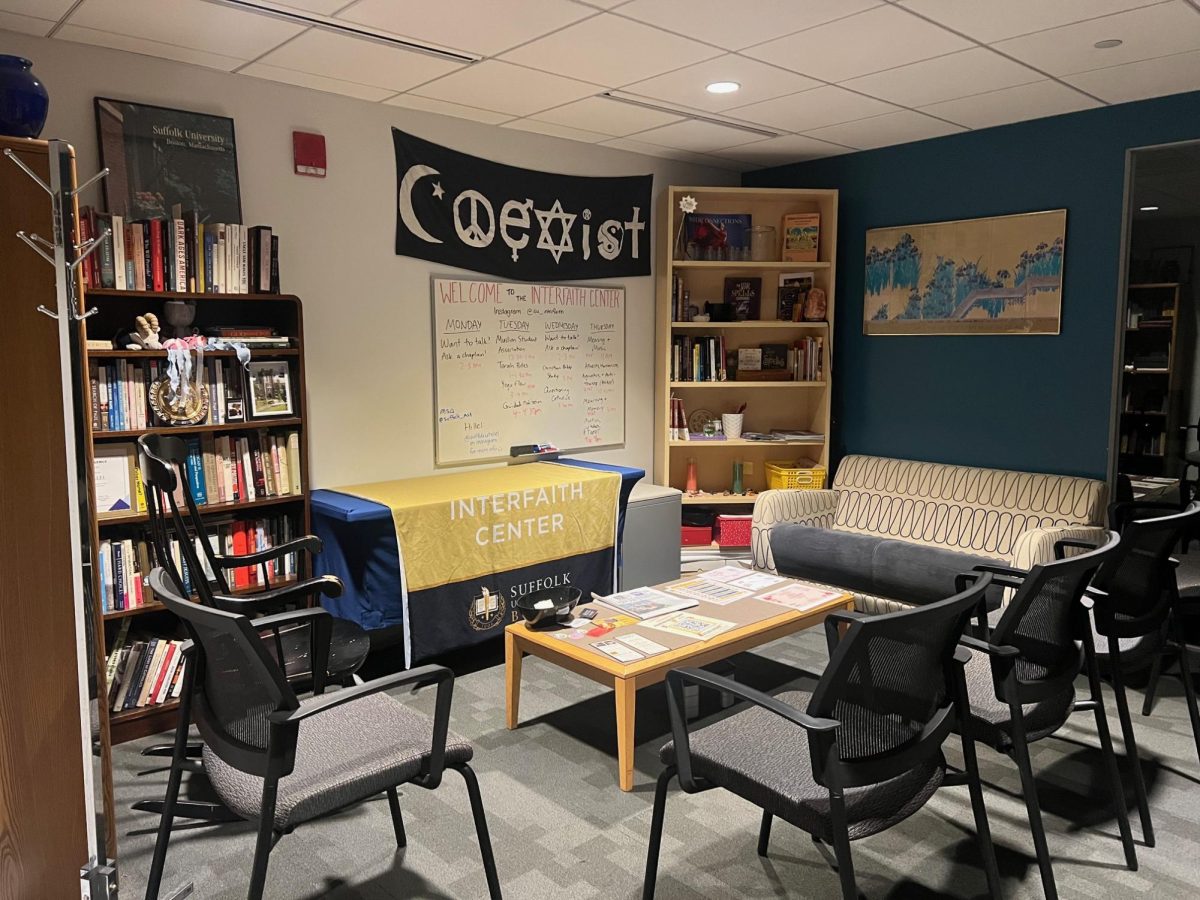Macaronis resigns, Board to choose new Chair
Article by: Alex Pearlman
The Chairman of Suffolk’s Board of Trustees will step down in February, a Boston Globe article reported over winter break. Nicholas Macaronis, who had been on the receiving end of a wave of bad press about Suffolk, wrote a resignation letter to President Sargent, dated Dec. 18, 2009, and stated that his resignation would be effective on Feb. 10, 2010.
Macaronis had come under fire recently after lashing out at Law School faculty for criticizing President Sargent’s “excessive compensation,” by saying in an article by the Globe’s Tracy Jan on Dec. 5 that he would “like to know how many people examined this contract and are sophisticated enough to understand what’s in it.”
The subsequent backlash of that article, as well as continuous complaints about Macaronis’ urging that Sargent’s contract be extended, which many saw as a favor to his old friend, didn’t die down enough for Macaronis to ignore, apparently. And on Dec. 18, the Chairman, who has served on the board since 1999, wrote his letter of resignation.
According to the Globe, “news of his resignation caught faculty and even some on the 33-member board by surprise,” and Suffolk government professor Judy Dushku was quoted in the article as saying, “Hooray!”
But it was alumni who really took to the news more than even excited students and faculty.
A number of comments posted on the Boston.com article were posted by people identifying themselves as Suffolk alums, posting responses such as, “Now if the President resigns… I will consider donating to the school again as an alumni (1985),” which was posted by user bkbaysoend.
“I benefitted from a good education at the school, but I continue to put every request for money in the circular thrash [sic] until they do a little house cleaning on issues of executive pay,” wrote masssgt.
Another poster who identified themselves as a current student wrote that they were “sickened at what our leadership is doing… no 80-something should be managing a modern educational institution and NO ONE should be in a position for more than 50 years.”
However, not all the reactions have been so negative. Some commenters, such as hco, wrote, “Chairman Macaronis has voluntarily given Suffolk University the gift of his time, his wealth and his dedication for years. It is truly a disgrace that anyone now say anything other than ‘thank you for your service and dedication’.”
Trustee Jill Gabbe echoed that sentiment, saying, “You have to admire… and honor him for all those years of service.”
No matter the feelings following Macaronis’ letter, which read, “It has been a great honor and privilege to serve as Chair man of the Board of Trustees… However, I am now 80 years old and I believe the time is right for new leadership on the Board of Trustees,” Suffolk may be about to undergo dramatic changes in leadership.
“I believe the Chairman recognized it was in the best interest of all to allow new leadership at the helm,” said trustee Andrew Meyer Jr. to the Globe. “He has the full understanding and appreciation of the need for new leadership.”
New leadership is exactly what the Board of Trustees, and the press, is now focused on. A number of meetings have been held by a Nominating Committee, which comprises of seven trustees.
President Sargent said yesterday that there was “nothing definitive” to report from the Nominating Committee, although, “a lot of the trustees” are eligible and being considered to fill the post. A recommendation for Chairman will be presented on Feb. 10, the next Board of Trustees meeting.
However, the Lowell Sun reported in the Dec. 27 edition of their regular “The Column” political commentary piece that an anonymous trustee had contacted the paper and said that editors should “be on the alert for three pieces of soon-to-break Suffolk University news,” the first of which was the imminent retirement of Chairman Macaronis. The second piece of information the anonymous source offered was that another trustee, William T. Hogan III, a Suffolk alum, and “outside council” to former Congressman Marty Meehan during the Clinton impeachment trials, will take Macaronis’ place as chairman. The trustee then said all the shifting around was an elaborate plot to get UMass Lowell Chancellor and former Congressman Meehan to take over for Sargent as President– and that few expect that Sargent will make it until his contract runs out in 2013.
Sargent has only fueled the fire behind those kinds of ideas by appointing a Succession Planning Committee to “ensure a professional transition to his successor,” according to a message from the committee sent to the Suffolk community last month.
According to the message, “plans are in place specifically to review and address board leadership,” among other things, like finalizing a revised Conflict of Interest statement and fully examining and updating the university’s bylaws.
“It’s been such a long while since we’ve been through these changes, so we’re trying to make sure we’re doing it properly,” said trustee Ralph Mitchell, who added that the Conflict of Interest statement will be applicable to all University administrators, not just trustees.
The Succession Planning Committee also stated in their message that “an integral component of the succession planning process will be to solicit… the perspectives of Suffolk’s stakeholders.”
President Sargent said that the Committee will be “looking to reach out to all groups on campus, including faculty and students for their input” on his successor, but the President couldn’t speak to specifics at the time.



















